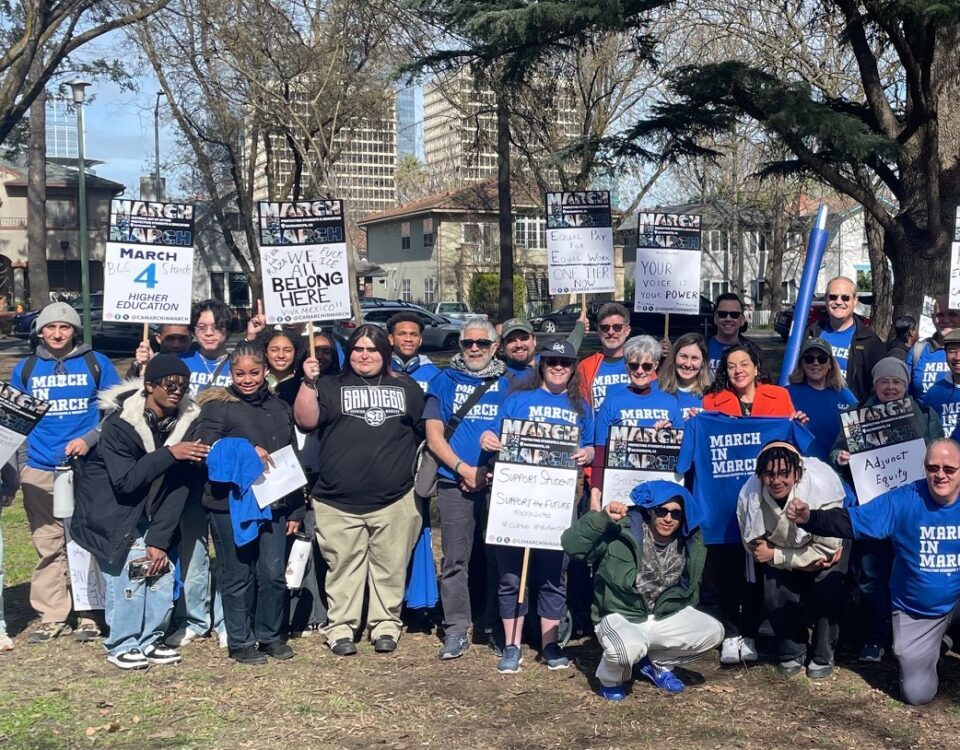Photo from www.whitehouse.gov
Today, less than two weeks into his administration President Barack Obama signed his first bill into law and it’s a groundbreaker. President Obama put his signature on the Lilly Ledbetter Fair Pay Restoration Act of 2009. Among the supporters at the signing ceremony, House Speaker Nancy Pelosi, Secretary of State Hillary Clinton, and Lilly Ledbetter.
Ledbetter worked 19 years in a Goodyear tire plant. In 1998, Ledbetter sued Goodyear for pay discrimination. In May 2007, the U.S. Supreme Court ruled against her saying she had failed to file within 180 days of the first unequal paycheck. The new Lilly Ledbetter law allows an employee to file for discrimination within 180 days of the most recent paycheck.
As a senator, President Obama co-sponsored the bill to overturn this U.S. Supreme Court ruling. Obama made signing the bill one of his campaign promises as well. The president admits the bill will not help Ledbetter, but it will benefit millions of others: “..while this bill bears her name, Lilly knows that this story isn’t just about her. It’s the story of women across this country still earning just 78 cents for every dollar men earn — women of color even less — which means that today, in the year 2009, countless women are still losing thousands of dollars in salary, income and retirement savings over the course of a lifetime.
Equal pay is by no means just a women’s issue — it’s a family issue. It’s about parents who find themselves with less money for tuition and child care; couples who wind up with less to retire on; households where one breadwinner is paid less than she deserves; that’s the difference between affording the mortgage — or not; between keeping the heat on, or paying the doctor bills — or not. And in this economy, when so many folks are already working harder for less and struggling to get by, the last thing they can afford is losing part of each month’s paycheck to simple and plain discrimination.”
The New York Times reported recently that in the past 19 months, federal judges had cited the 2007 Supreme Court Ledbetter decision for ruling against plaintiffs in 300 cases. The new Ledbetter law will make it easier to fight certain forms of discrimination in the courts and, hopefully, discourage pay inequities in the workplace.



